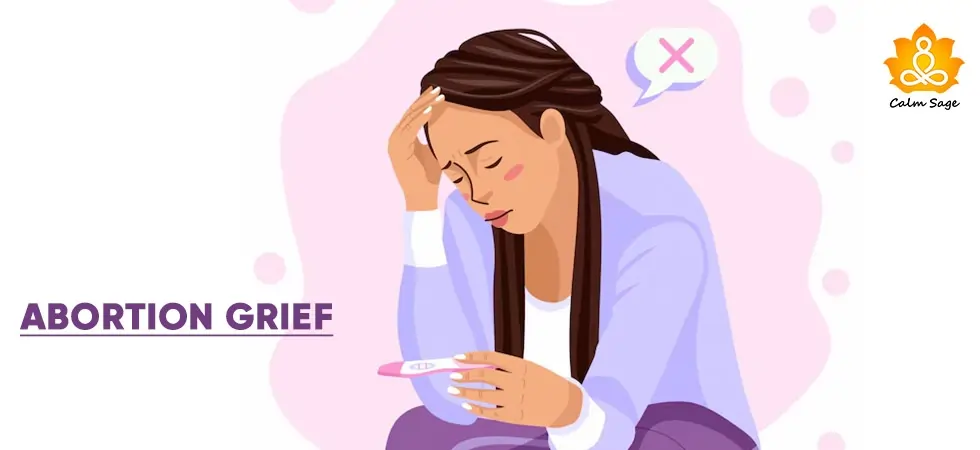Mini-Guide: How Long Does Withdrawal From Paxil Lasts?

Paxil/Paroxetine is an antidepressant drug that comes under the class of selective serotonin reuptake inhibitors (SSRIs). The basic use of Paxil is to increase the levels of serotonin in the brain. Health professionals prescribe Paxil to treat various mental health disorders such as generalized anxiety disorder (GAD), major depression, obsessive-compulsive disorder, and more.
Such medications can cause physical dependence which often results in withdrawal signs for up to 6 weeks or more.
In this blog, I have covered a brief about Paxil, what happens during Paxil withdrawal, and how long Paxil withdrawal lasts. So, let’s get started!
What to Know About Paxil?
- Paxil/Paroxetine is an SSRI antidepressant available in the form of suspensions or oral tablets.
- Paxil is an FDA-approved drug that comes with a black box warning.
- Paxil is prescribed for treating mental health disorders such as major depression, social anxiety, generalized anxiety, panic disorder, premenstrual dysphoric disorder (PMDD), and others.
- Paxil can also be prescribed for conditions such as postpartum depression, and body dysmorphic disorder for females.
- Paxil is one of the hardest antidepressants to quit and people generally experience withdrawal symptoms. Paxil withdrawal can be hit hard due to the short half-life of the medicine.
Pregnancy and Paxil Usage: If you’re pregnant and consuming Paxil, it’s important to connect with your practitioner to weigh down the risks associated with the consumption.
What is the Timeline of Paxil Withdrawal?
Paxil has a small half-life of 21 hours which means withdrawal symptoms develop fast and typically within two to three days of withdrawal. According to research, Paxil withdrawal generally lasts up to six weeks or more. In some cases, people start retaking Paxil for relief, which makes the withdrawal process longer than expected.
Warning Signs you Must Know before Paxil Withdrawal
Paxil withdrawal symptoms may also result in the return of anxiety or depression. Additionally, withdrawal symptoms may also increase suicidal thoughts. Therefore, before quitting or withdrawing from antidepressants such as Paxil, consult with a practitioner. Additionally, keep your loved ones or family members involved.
Here’s a checklist to follow before Paxil Withdrawal:
- Plan how you would like to initiate the withdrawal process
- Communicate your feelings or thoughts regularly with your loved ones
- Inform your loved ones in cases of mood swings or hopelessness
- Avoid engaging in self-destructive activities
Note: In case of suicidal thoughts, we request you to please contact: the National Suicide Prevention Lifeline
For support and assistance from a trained mental health advisor, call 988. For emergency situations, call 911
Can Paxil be Stopped cold Turkey?
No, Paxil cannot be stopped cold turkey as abrupt stoppage of Paxil usage can cause nausea, fatigue, dizziness, and headache. Gradual tapering is generally recommended for Paxil withdrawal.
Symptoms of Paxil Withdrawal
When you stop taking any SSRI or antidepressant, you’re likely to experience withdrawal symptoms. Paxil withdrawal hit fast due to its short half-life. Paxil withdrawal symptoms generally range from mild to severe. Below listed are some of the common symptoms of Paxil withdrawal:
Physical Symptoms of Paxil Withdrawal
- Cramps
- Diarrhea
- Dizziness
- Excessive sweating
- Flu-like symptoms such as weakness, tiredness, fatigue, and others
- Flushing
- Intolerance to certain temperatures
- Lightheaded
- Loss of appetite
- Nausea
- Tremors or muscle tension
- Vomiting
Mental Health Symptoms of Paxil Withdrawal
- Agitation
- Anger
- Brain zaps
- Depression
- Difficulty controlling speech
- Hypersensitivity
- Irritability
- Extreme anxiety
- Insomnia
- Mood swings
- Nightmares
- Panic attacks
- Rapid eye movements
- Unusual dreams
- Vivid or excessive dreams
What to Do During Paxil Withdrawal?
Paxil withdrawal is a distressing process for most people. Herein, some professionals might switch Paxil to long-acting antidepressants such as Prozac. After this, they may also suggest tapering your doses.
Research shows that it’s always better to gradually reduce the amount of SSRIs; the gradual reduction process makes the adjustment more natural, efficient, and safe. If you’re willing to taper the continuous consumption of Paxil, you can definitely opt for a gradual reduction but please know that a gradual process may also cause some withdrawal symptoms.
During tapering, you can also take the help of a mental health professional to seek relief from mental health-related withdrawal symptoms. Herein, you can also take the help of alternative options such as talk therapy. Talk therapy is known to be an effective treatment method for mental health disorders such as anxiety, depression, post-traumatic stress disorder (PTSD), obsessive-compulsive disorder (OCD), and more.
Other alternative therapy options may include meditation, dietary changes, biofeedback, equine therapy, natural supplements, and mindfulness training.
Quick Takeaway: Dealing with Paxil Withdrawal Symptoms
If you’re currently experiencing Paxil withdrawal symptoms, here’s what you can do to cope:
- Seek social support to ease symptoms such as depression, anger, anxiety, and more.
- Try sleep hygiene or other sleeping methods to ease insomnia and other sleep-related problems.
- Consult your practitioner and ask them to prescribe pain-relief medications for physical symptoms.
- Practice mindfulness-based exercises daily to combat physical and mental health issues.
- Consume a healthy and nutritious diet to keep your body energized and healthy.
I hope this blog helps you understand how long withdrawal from Paxil lasts. For more such content, connect with us through all social media platforms.
Thanks for reading!




















